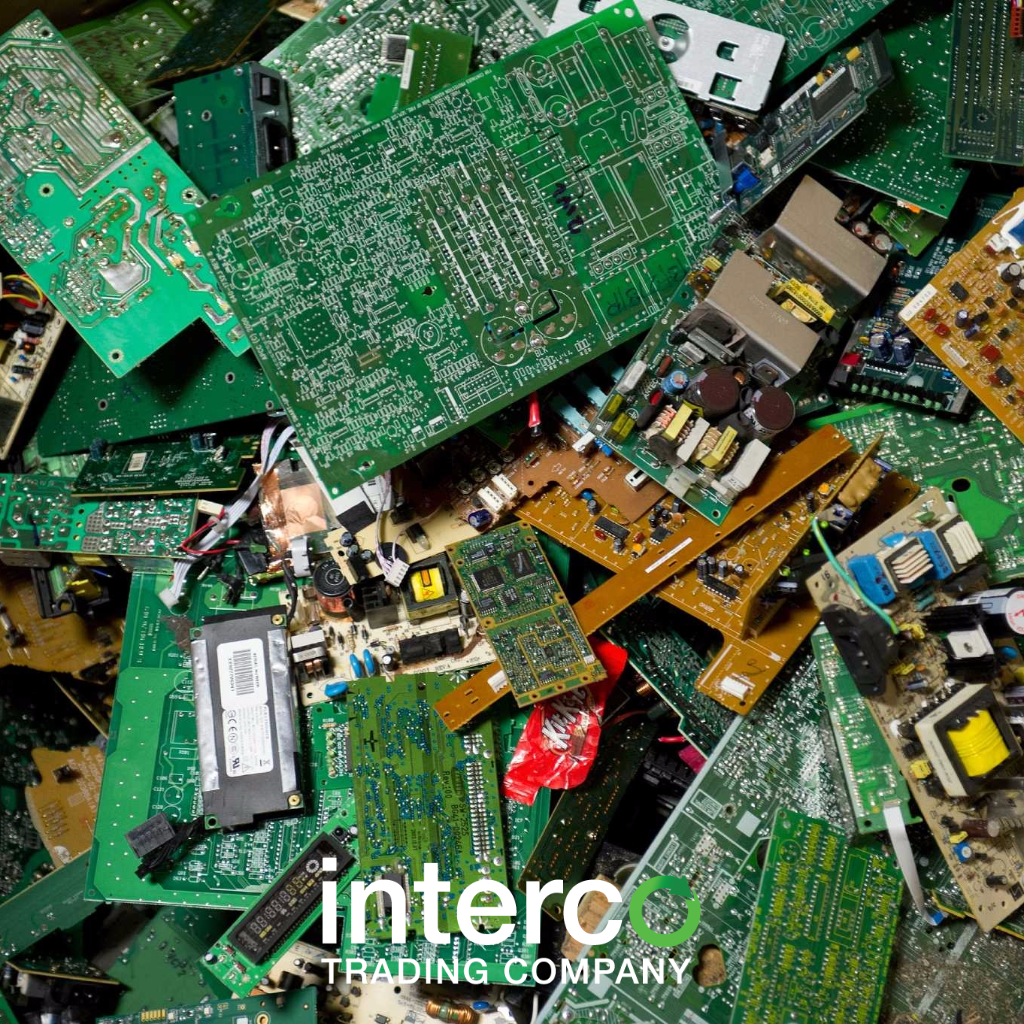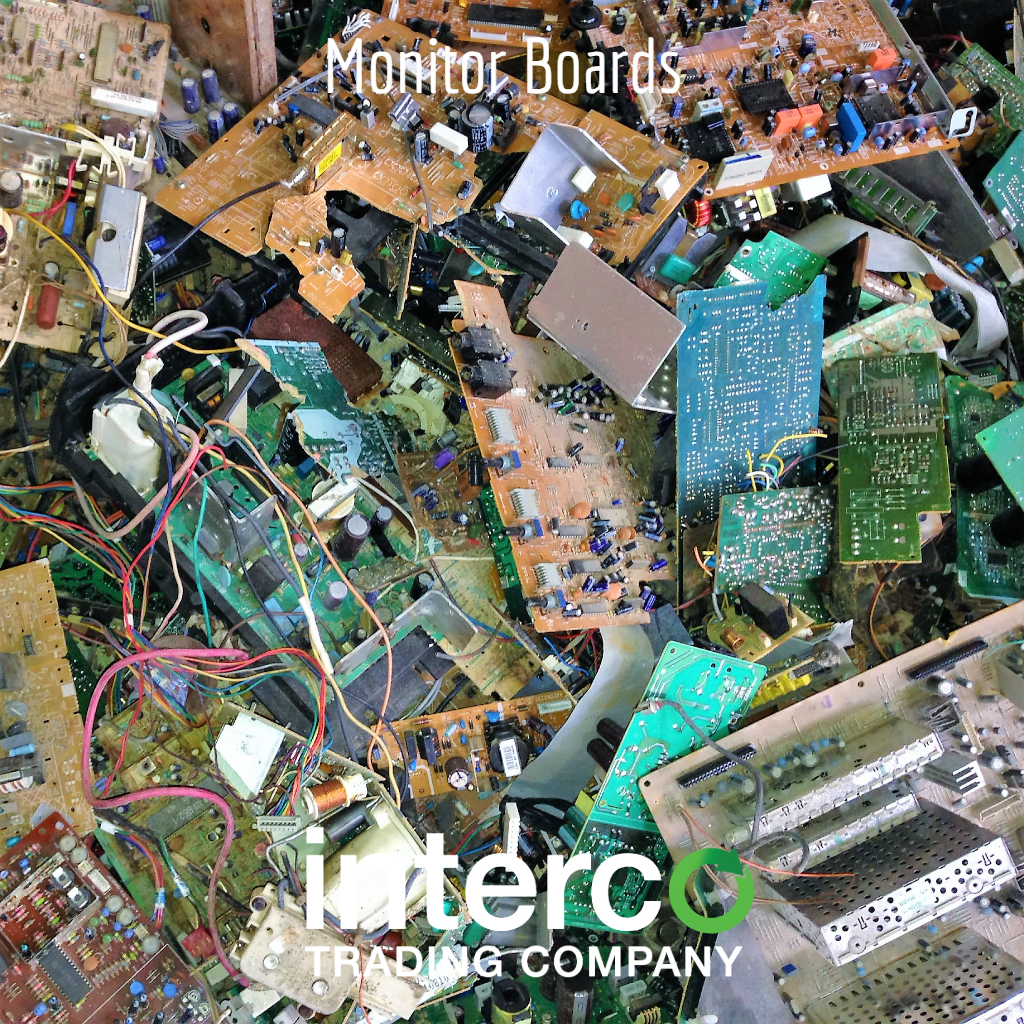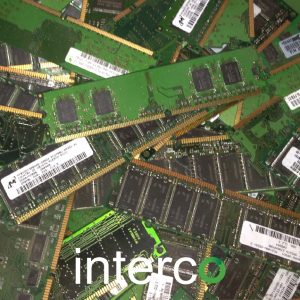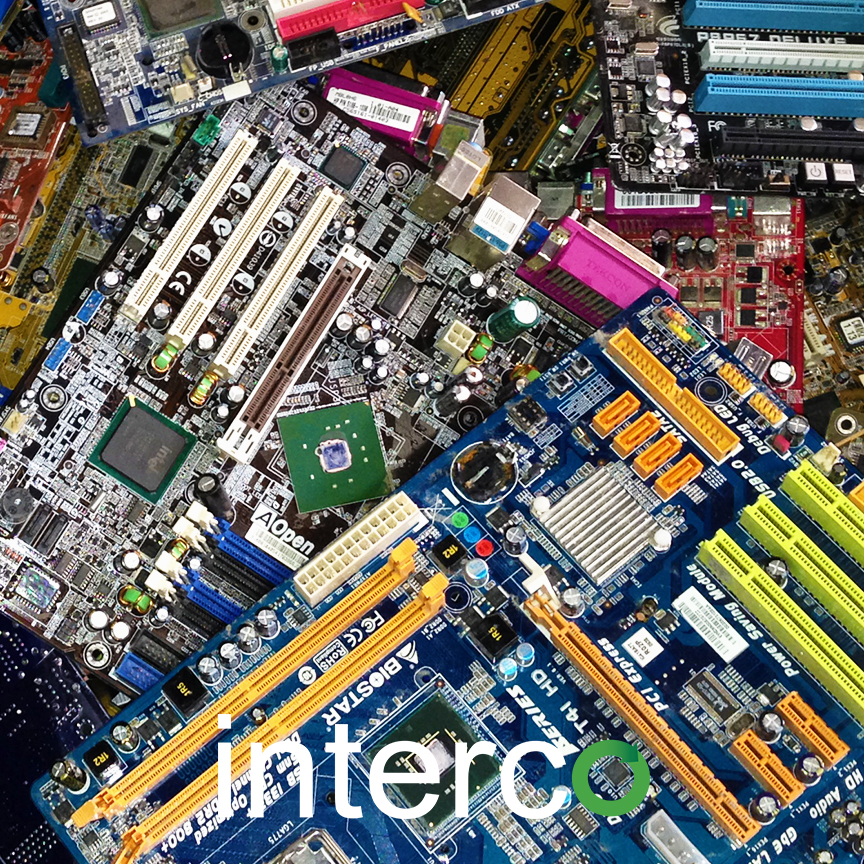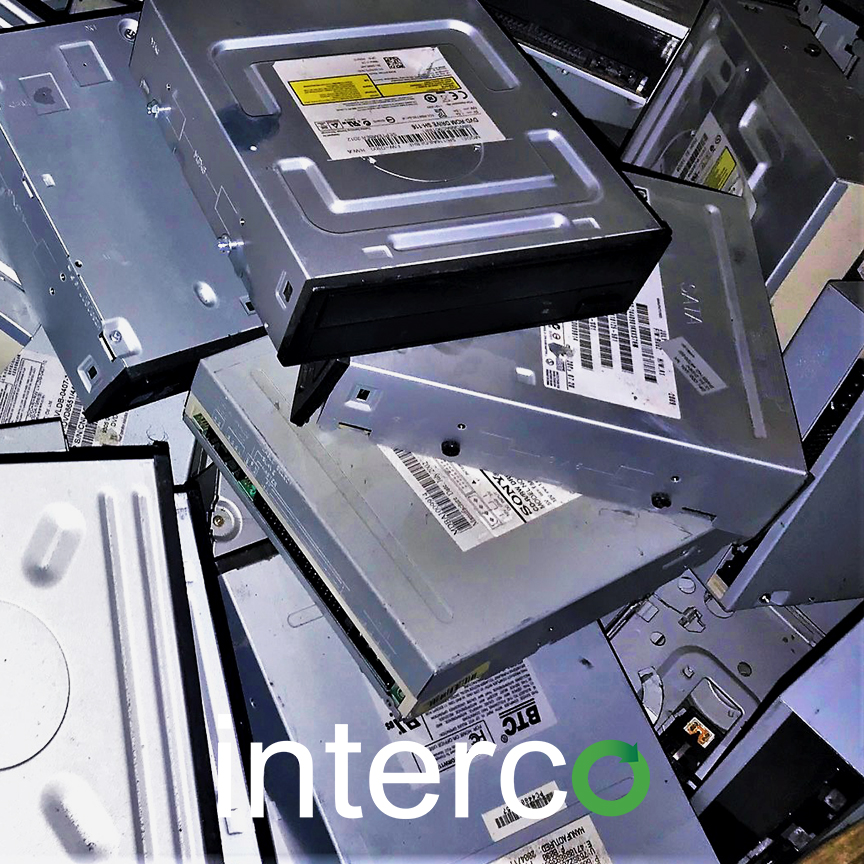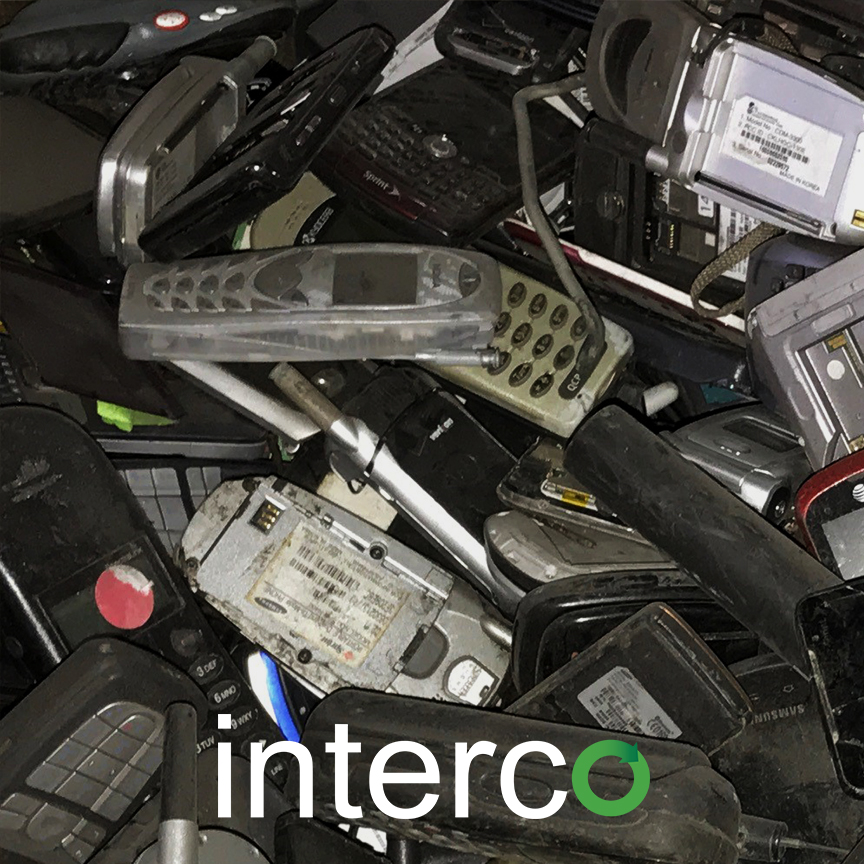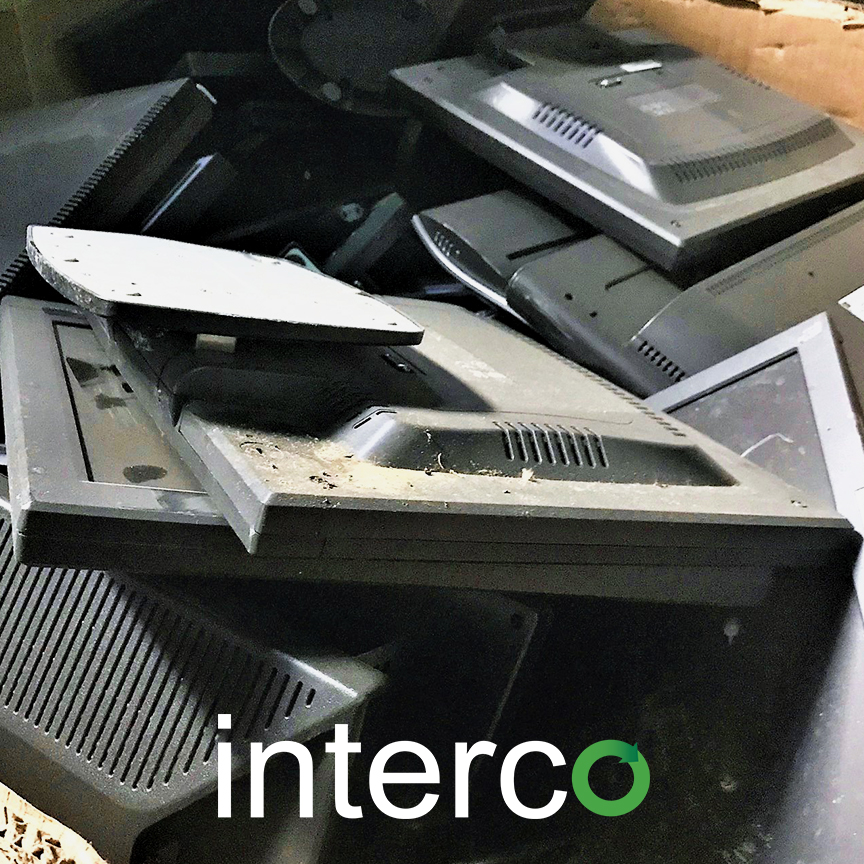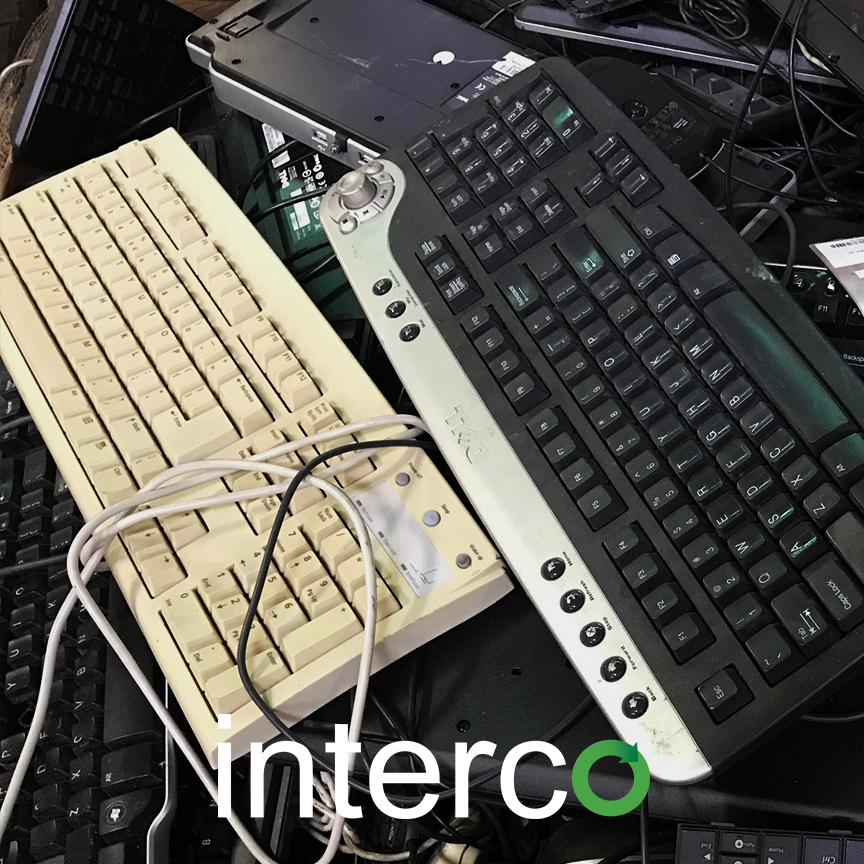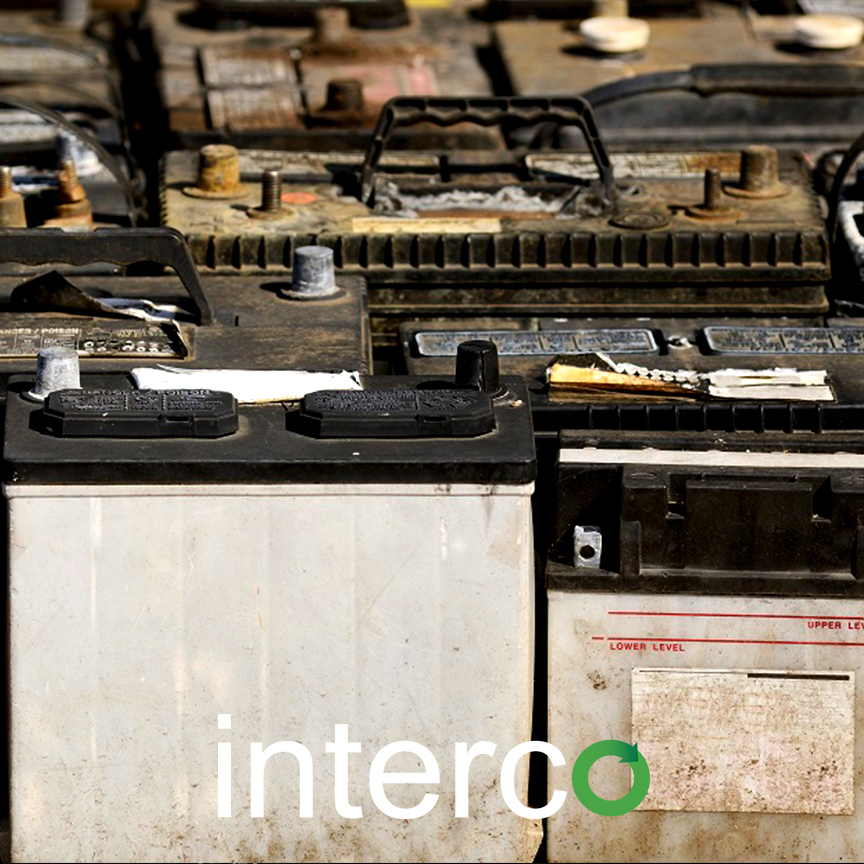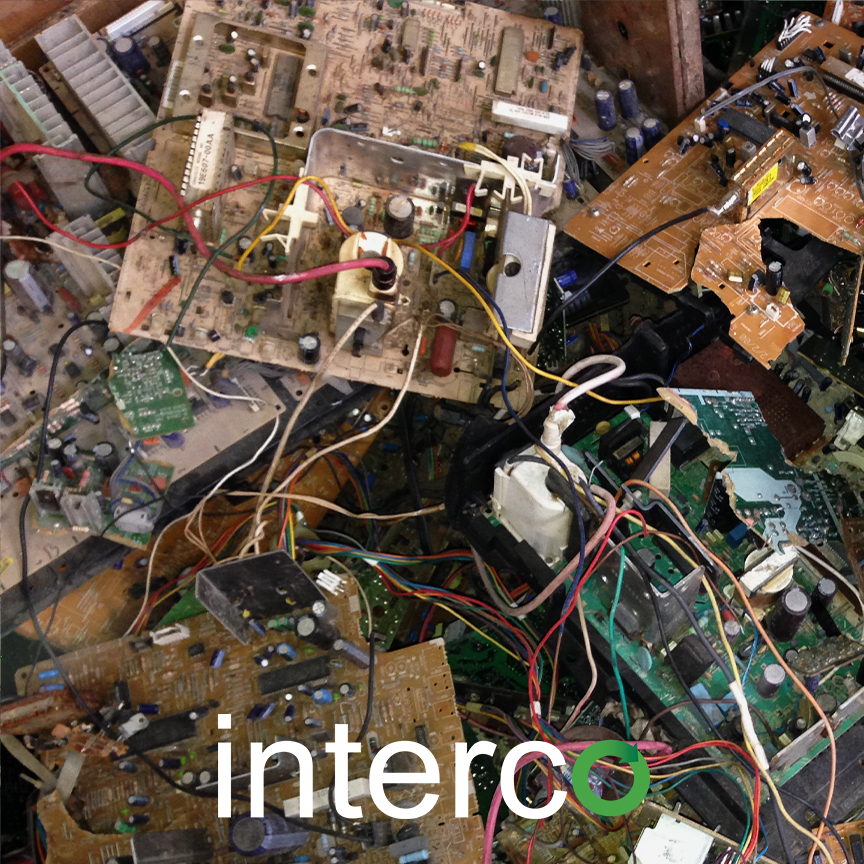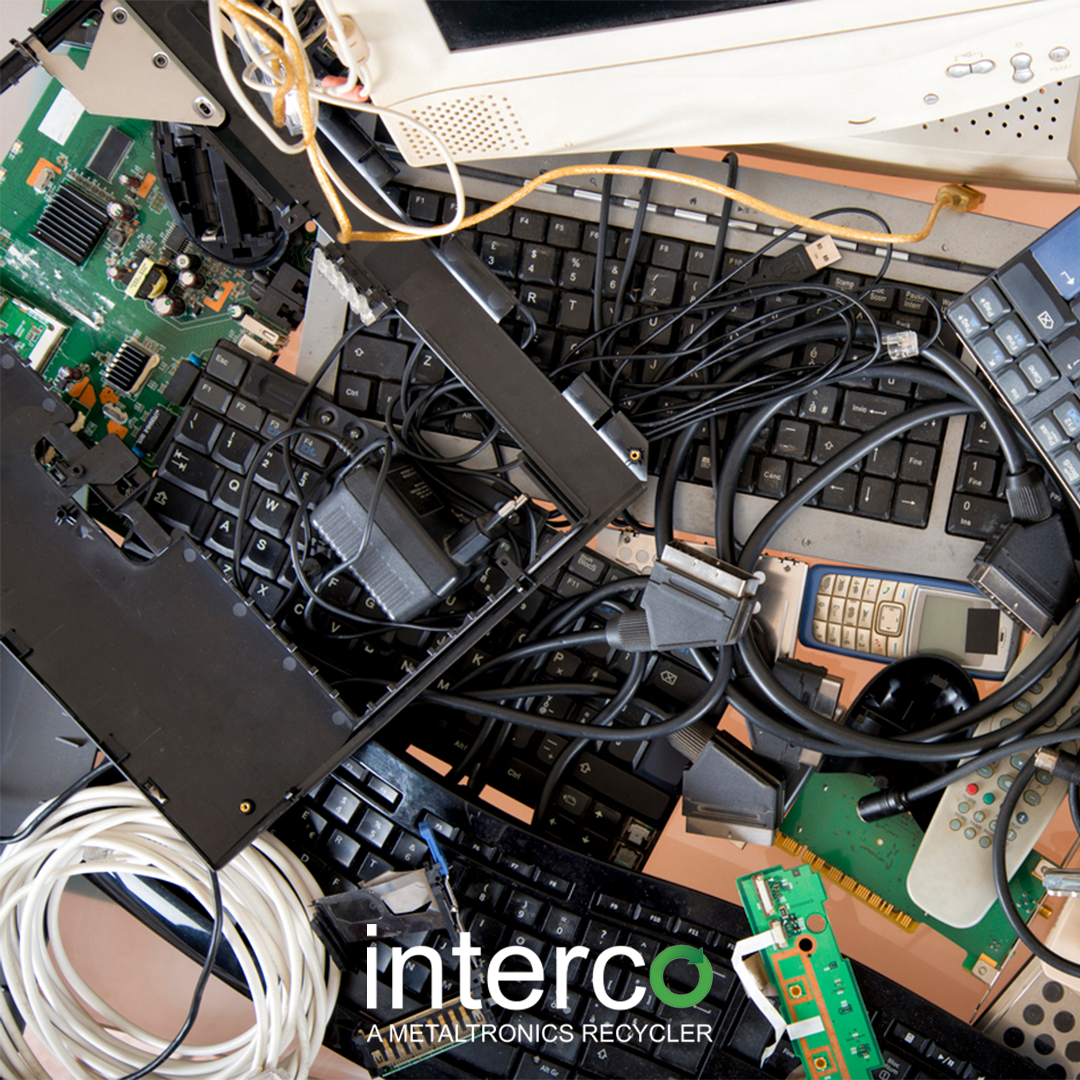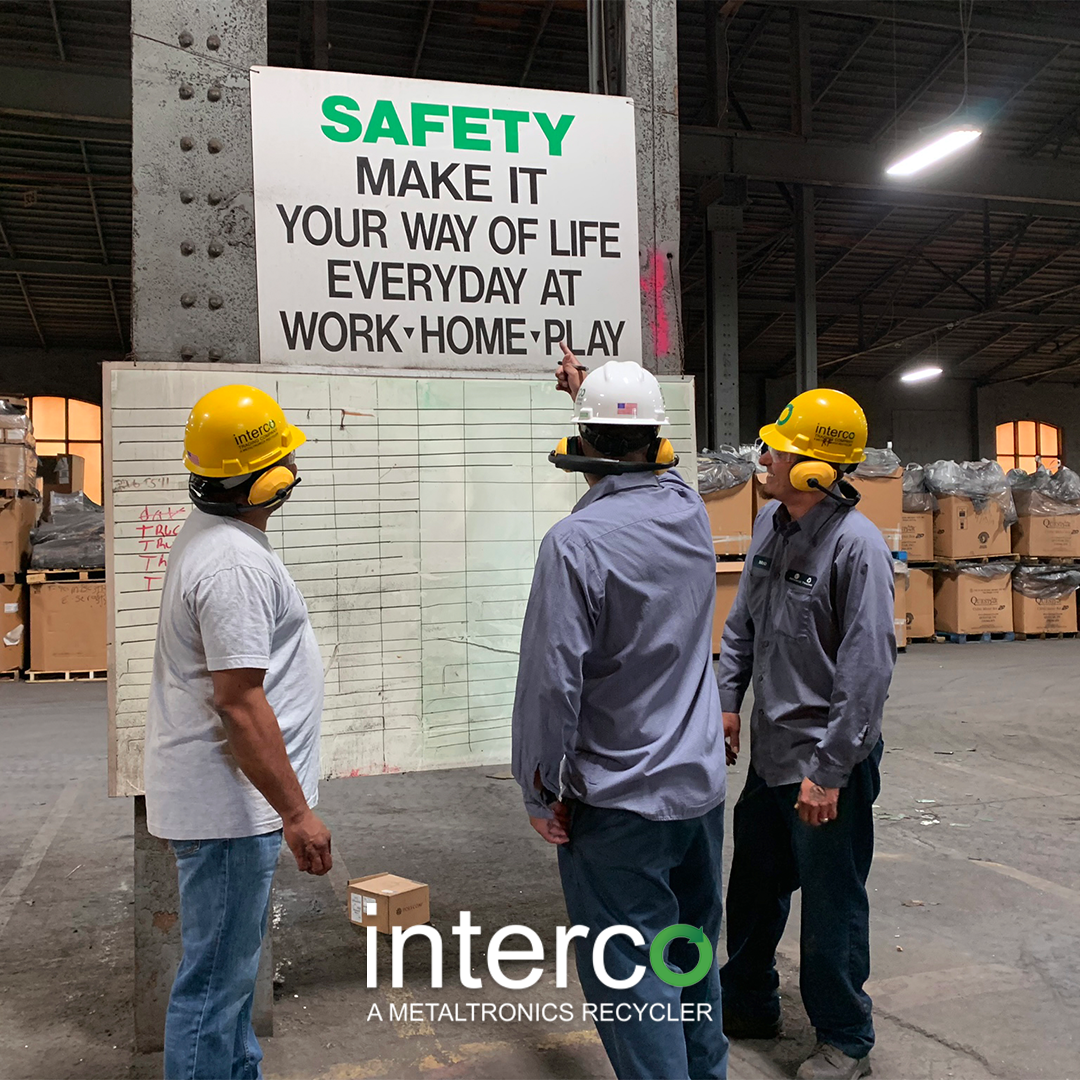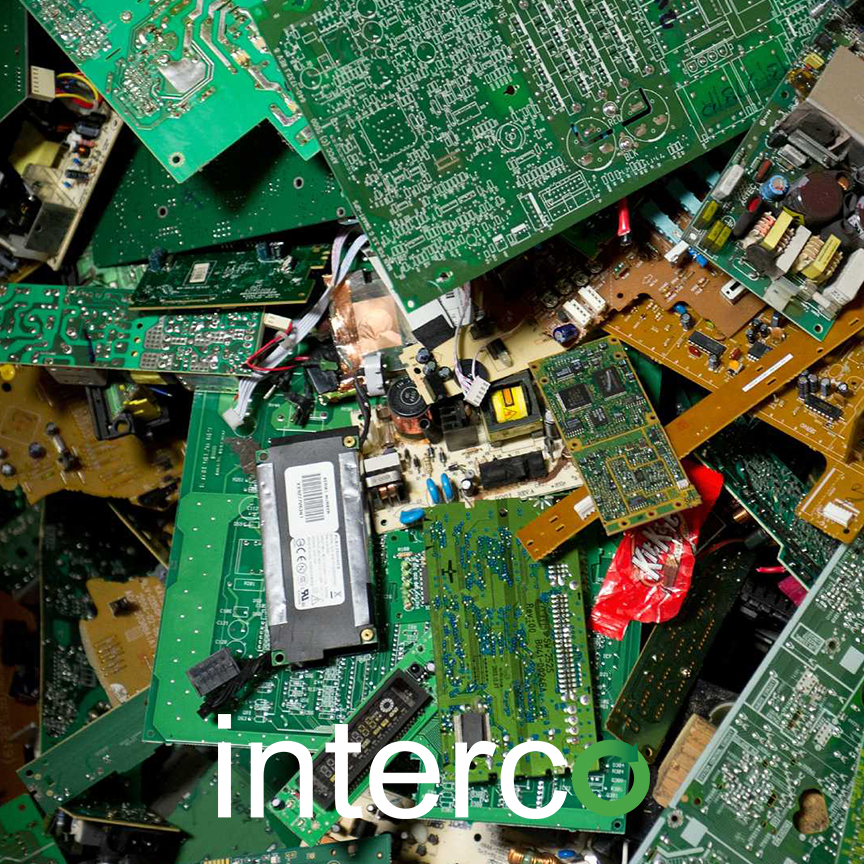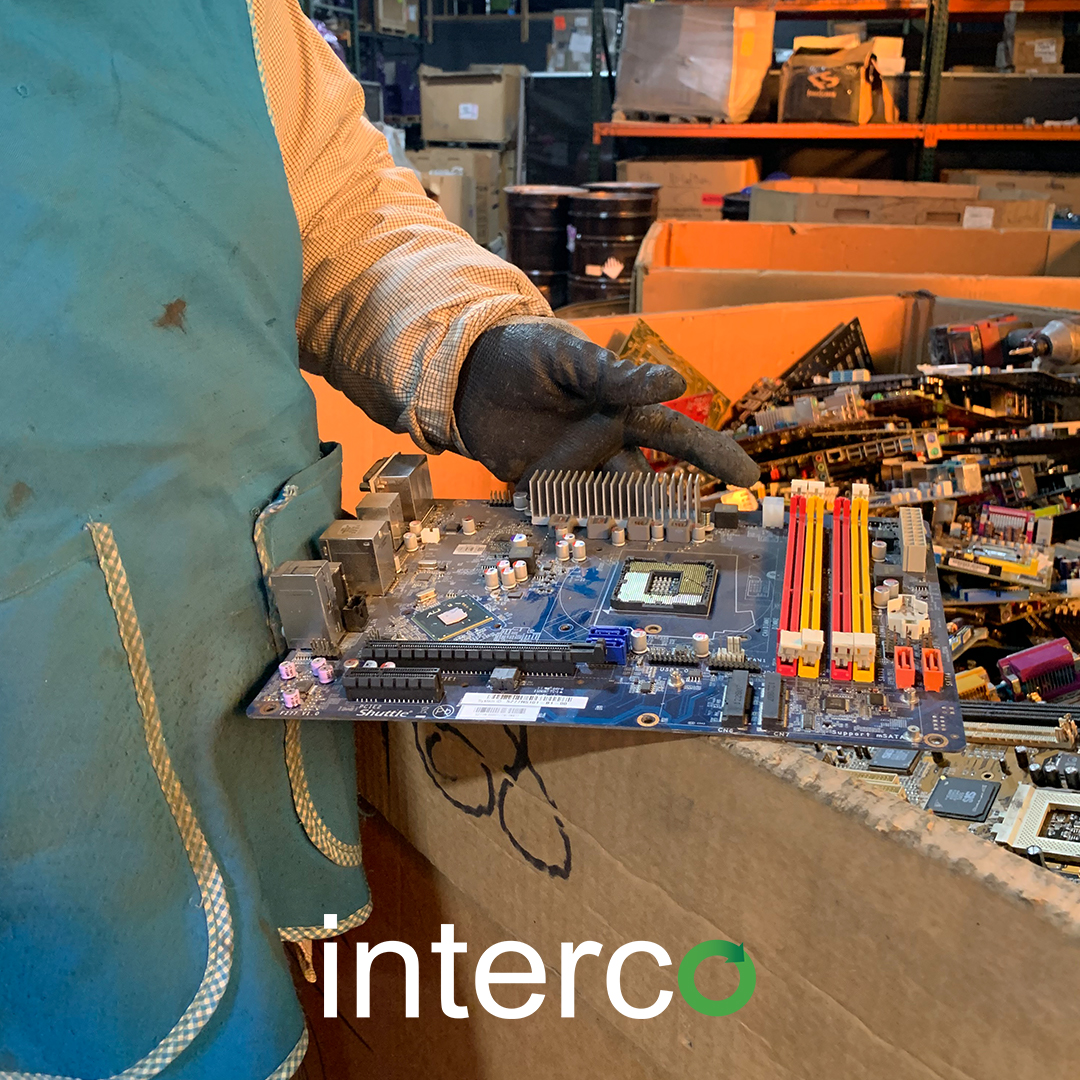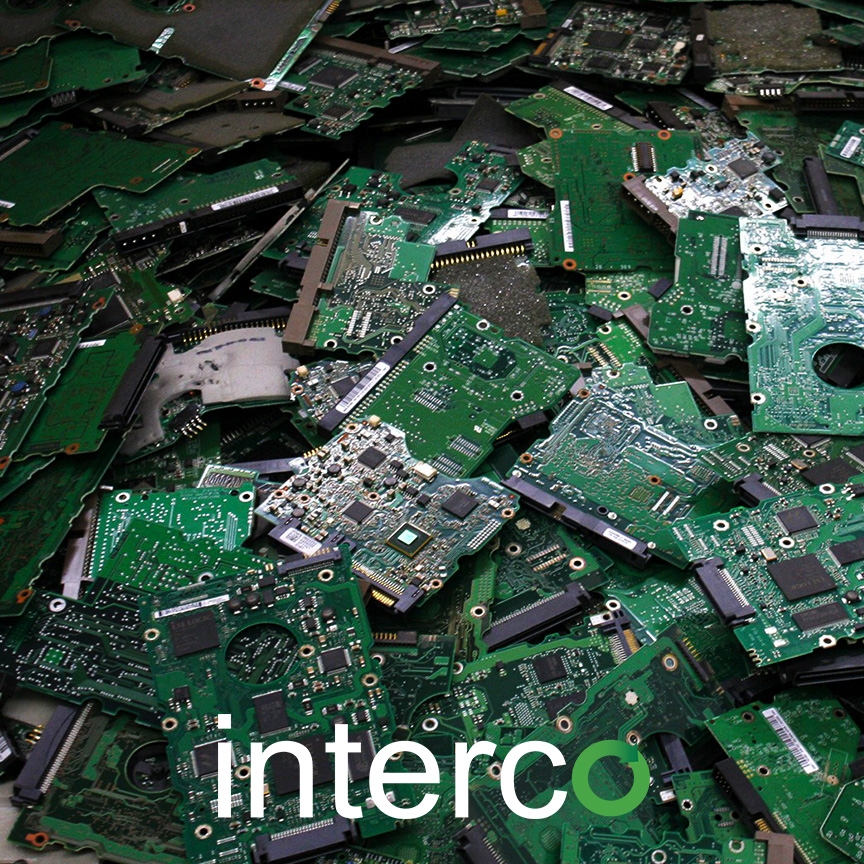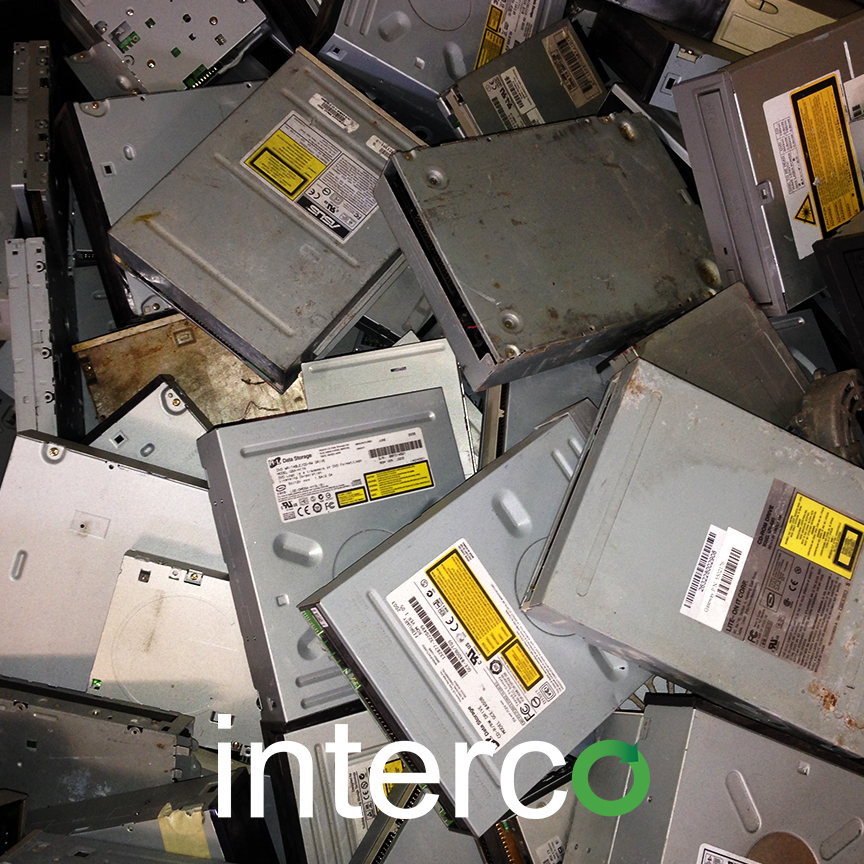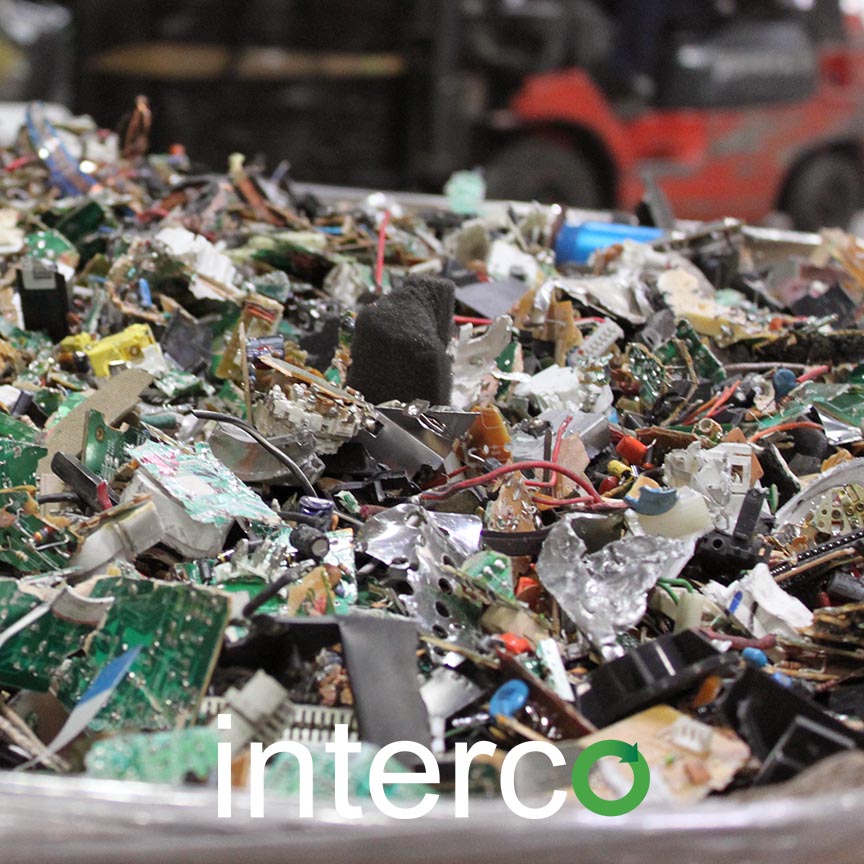Businesses recycle laptop computers because it is sensible to do as such. Currently, the large measure of technology makes it essential for businesses to swap out older computers on an even more frequent basis than before. Developments in technology happen always, which means laptop recycling in Kansas is essential. Being aware of the altering times and changing technology turns into a necessary practice for businesses.
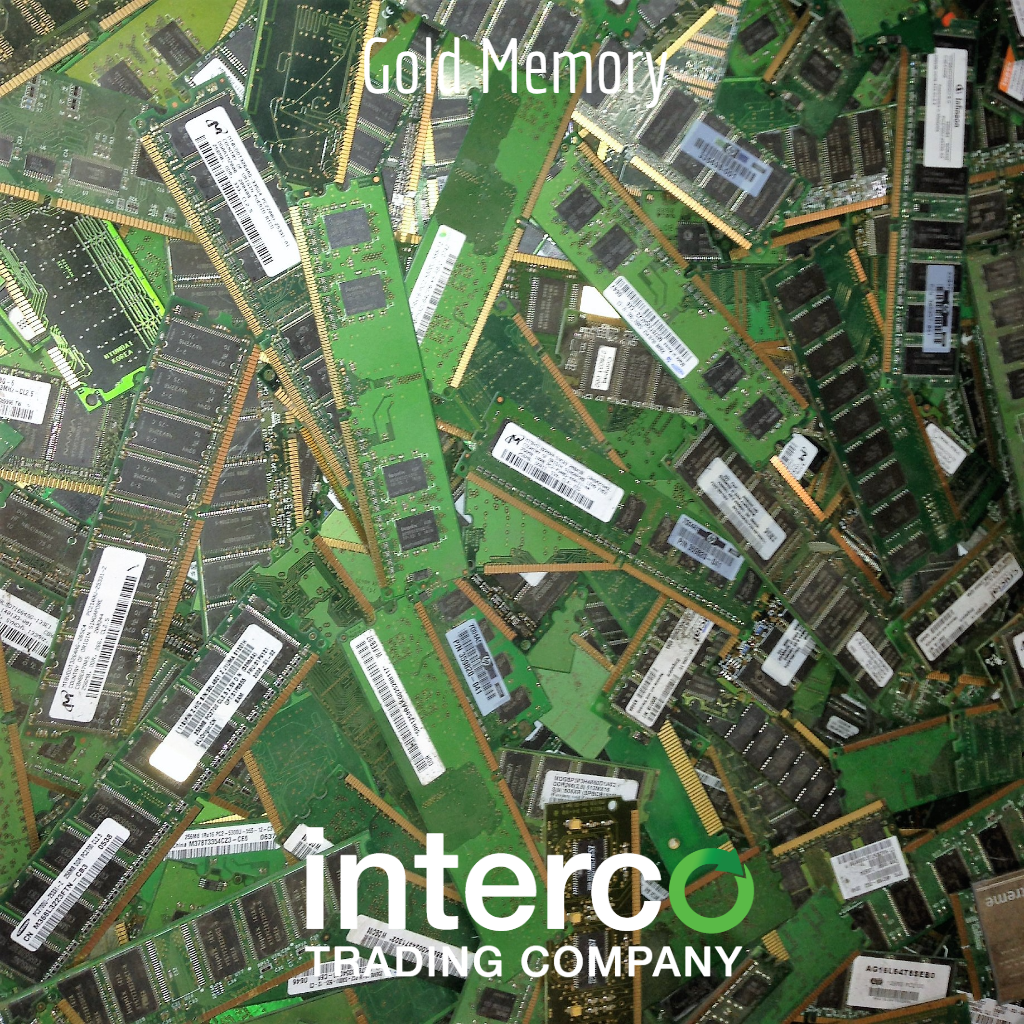
The consistent changes in technology create a lot of e-waste. The stockpile of old computers and peripherals continues to grow. Likewise, the need to responsibly dispose of these electronics grows as well.
As per an investigation by the United Nations, the worldwide system created about 44.7 million tons of scrap computer systems and electronics e-waste in 2016. Unfortunately, customers and businesses recycled only 20% of it. In that identical calendar year Interco recycled more than 25,000 tons of computers and electronics.
As a result of the noteworthy measure of e-waste, laptop recycling in Kansas turns into a more necessary process. Rather than landfilling e-waste, responsible companies must consider its enduring effect on the environment. Interco helps stop large businesses from adding to e-waste and can help them recycle laptop computers.
How to Recycle Laptop Computers
The procedure for laptop recycling in Kansas begins when Interco buys e-scrap from businesses. These are the steps utilized to recycle laptops:
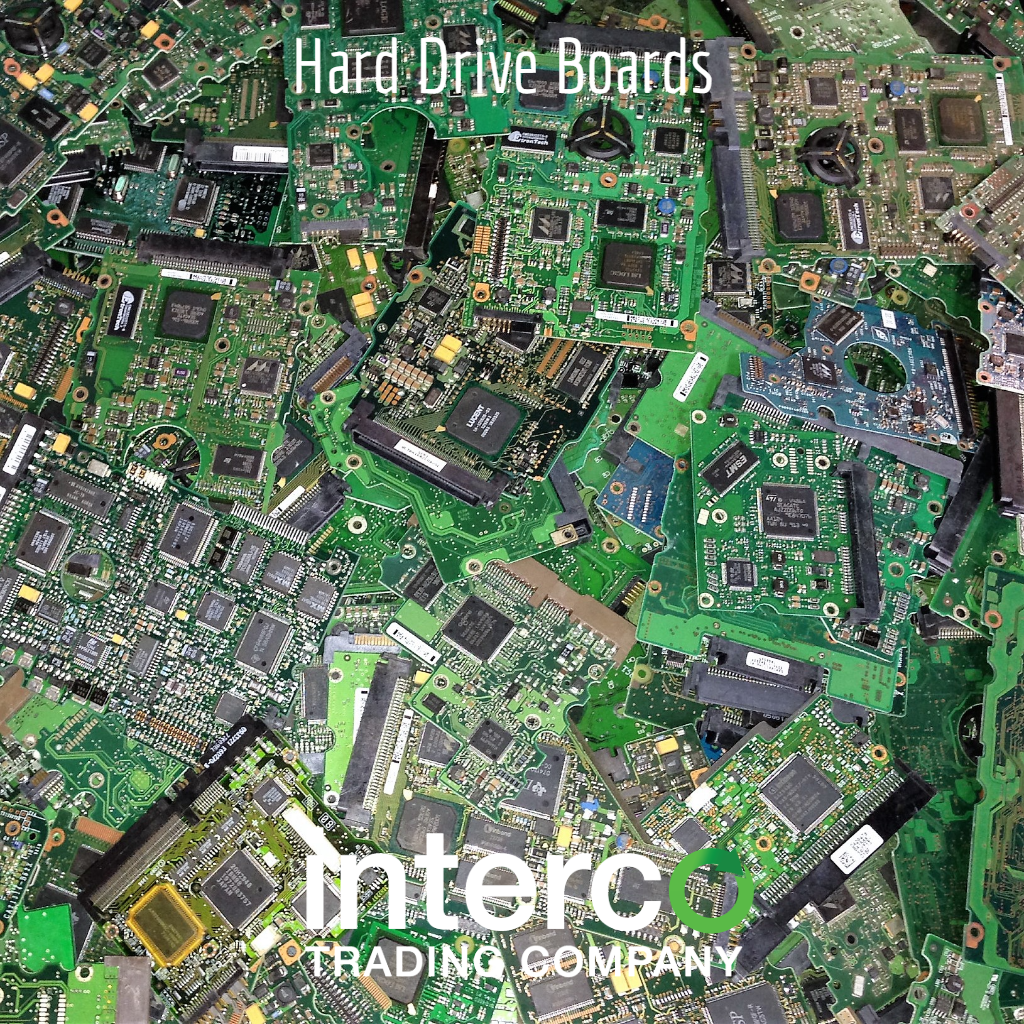
- Use tools to dispose of glass, plastics, and other contaminants
- Remove batteries, circuits, and wiring
- Extract nonferrous metals
- Prepare to sell precious metals
- Cautiously dispose of contaminants
Moreover,the need for businesses to recycle laptops develops consistently. The components inside computers and screens may cause numerous problems to the environment if not disposed of safely. Despite simply landfilling the e-waste, there may be problems in the process of laptop recycling in Kansas. Recyclers melt away the clear plastic material covering off metal cables.
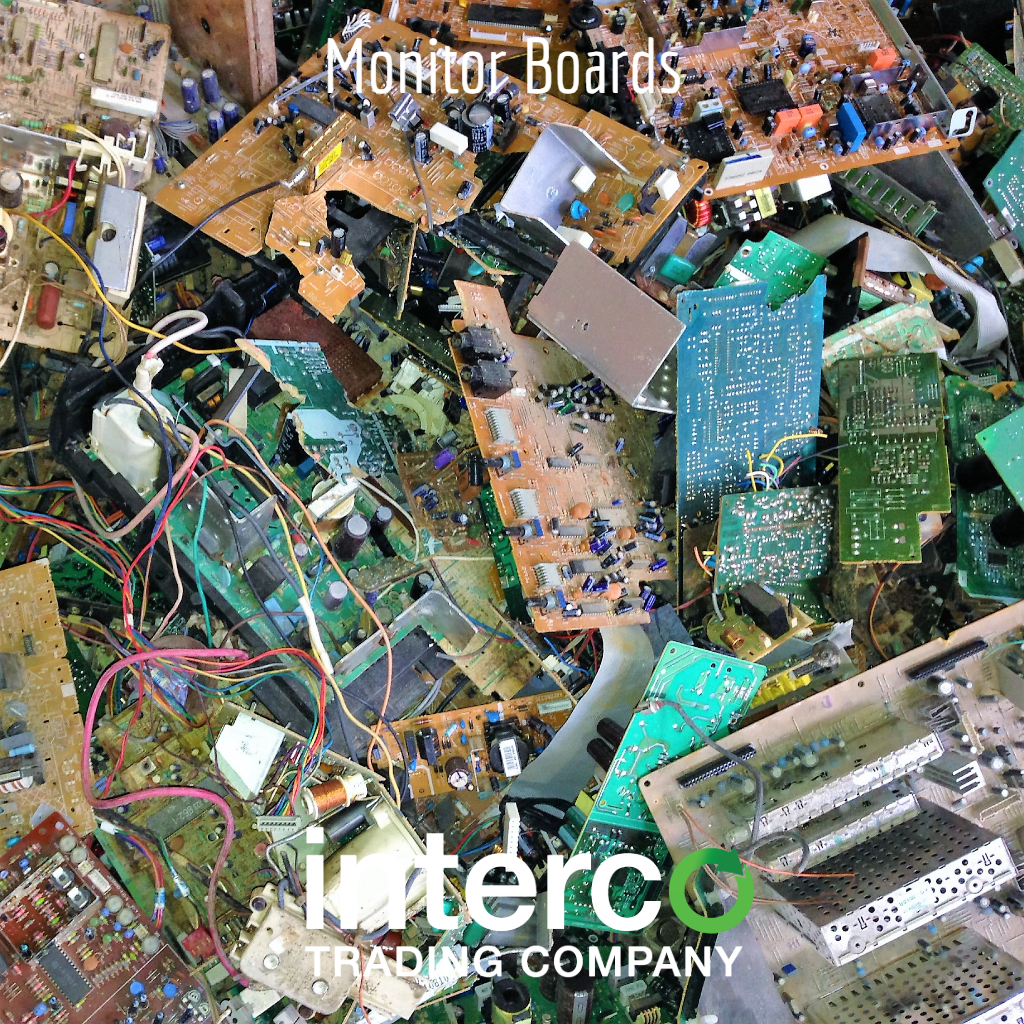
This procedure allows recyclers to separate the copper inside from the plastic. Isolating the more valuable industrial metals from the cheap plastic makes better sense. This procedure allows smelters to employ the separated metal in order to form new pure ingots.
Therefore, the disposing of the residual plastic waste must be done in a smart and safe manner. If not, it will cause harmful materials to enter the soil and water in the area. Interco is a certified R2v3 recycler. The high R2 standard ensures that recyclers take the time to dispose of e-scrap in a safe, environmentally friendly way.
Why Recycle Laptop Computers
The benefits of laptop recycling in Kansas go beyond stopping harmful materials from entering the environment. Extra benefits of recycling laptops include:
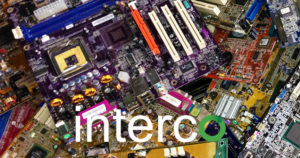
- Improved overall health of the environment
- Creation of more job opportunities
- Reduction of required landfill space
- Conservation of several raw materials
Conclusion
Taking everything into account, businesses must recycle laptops. E-waste continues to be a growing issue for the worldwide environment. With such a significant amount of e-waste and a small percentage of it being recycled, responsible businesses must locate the correct e-waste recycler. Interco has been recycling computers and electronics since 1996 and has become one of the leading recyclers of laptop computers in North America. Click here for more information on recycling computers, electronics, and other nonferrous material.
